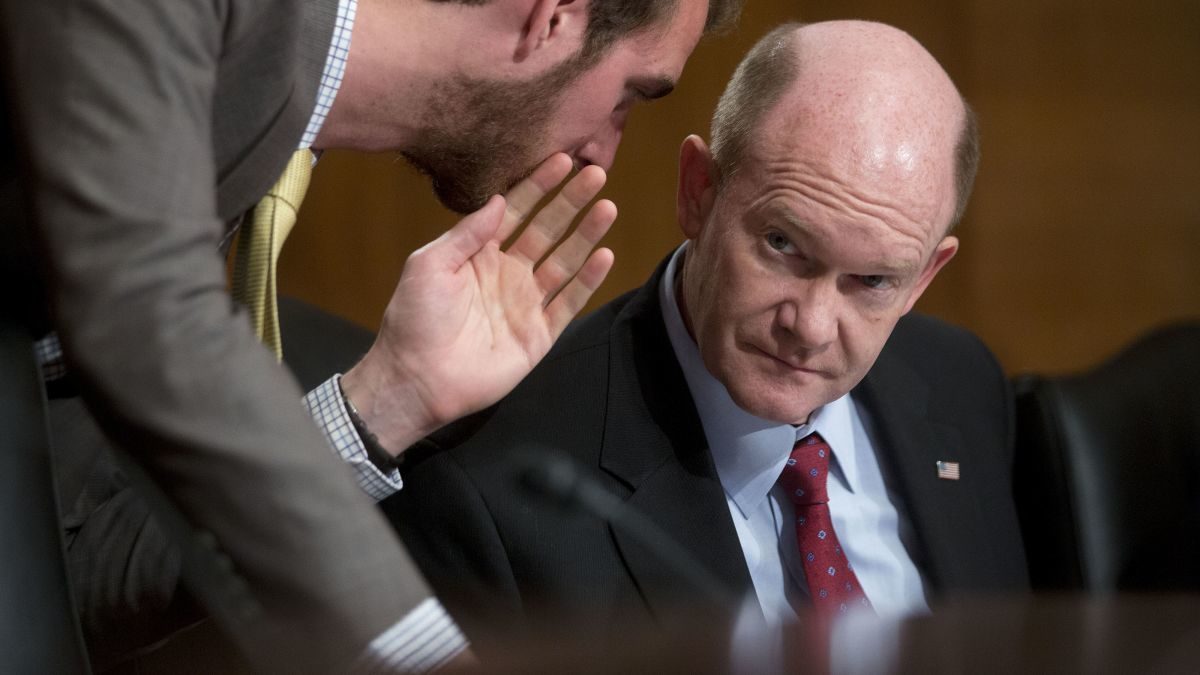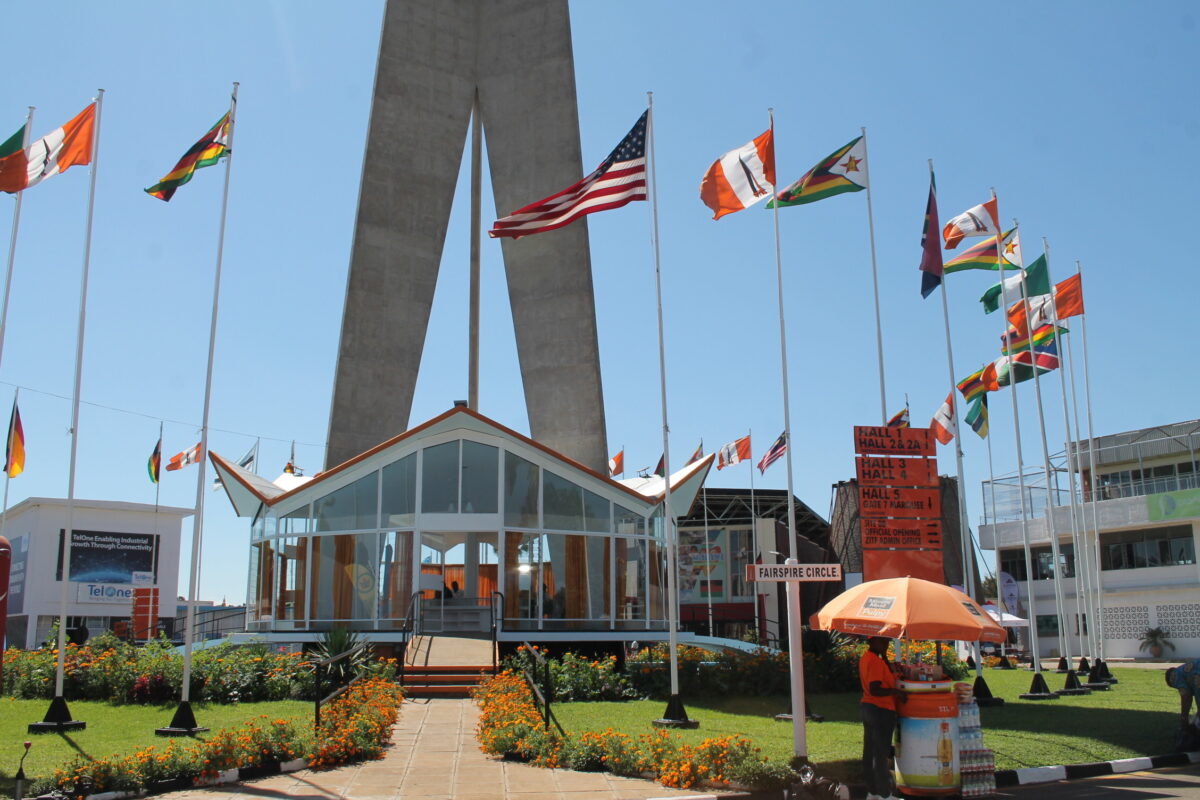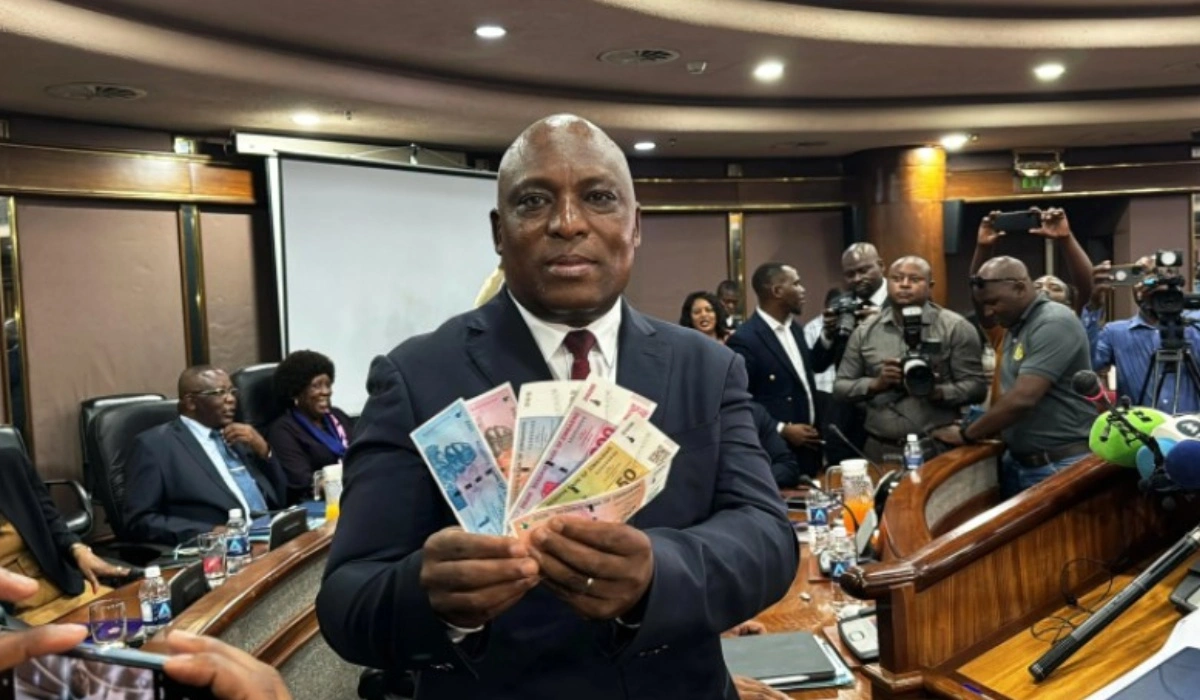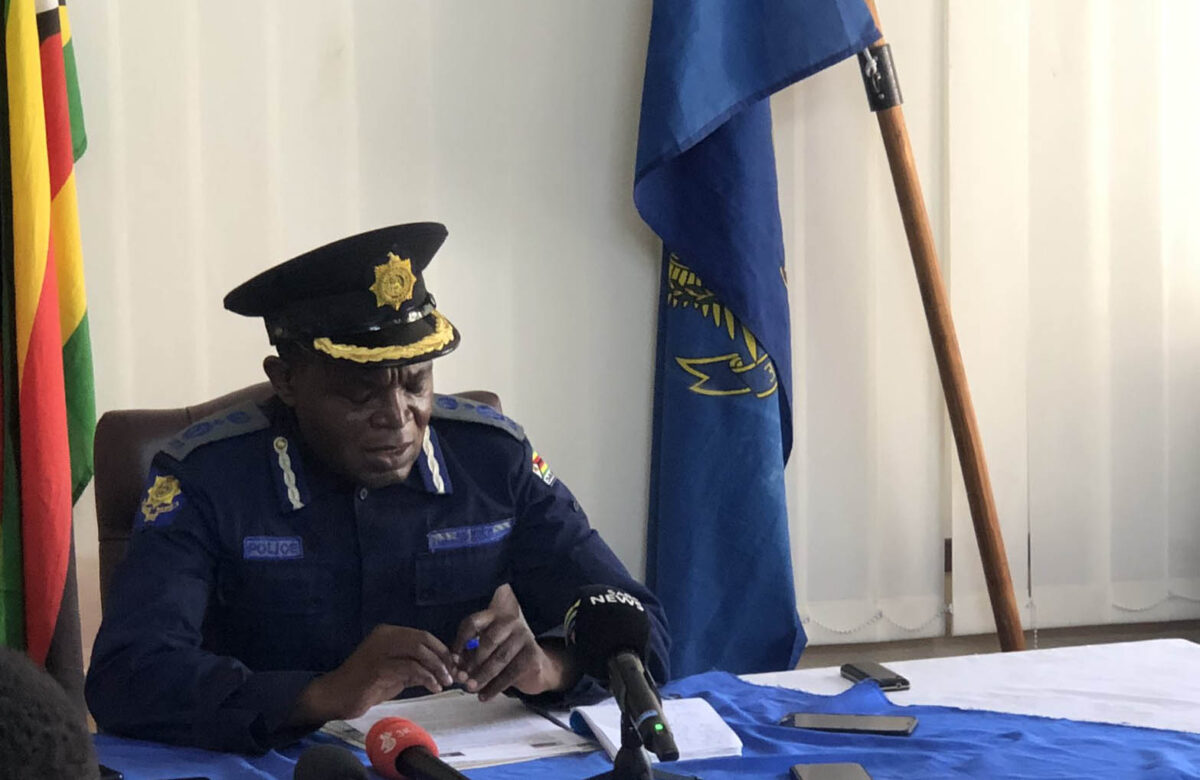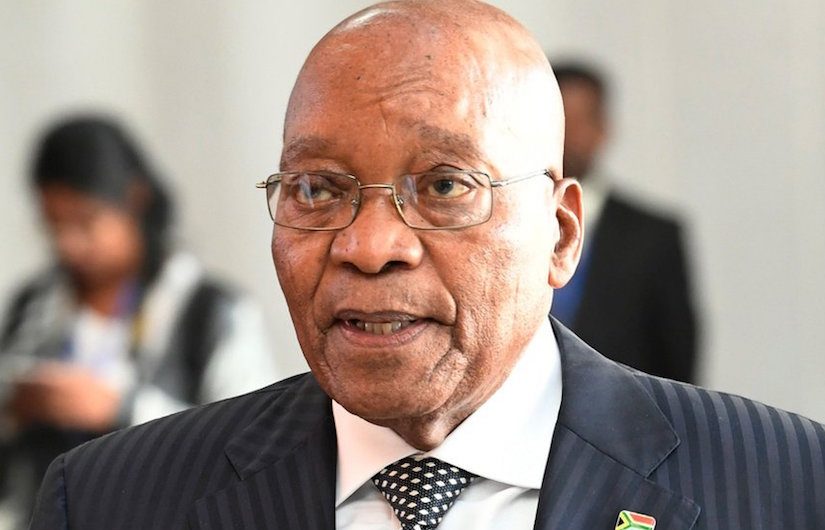WASHINGTON, United States – Two influential United States senators on Wednesday reacted to the blacklisting of two Zimbabwean officials by saying “there remain several others who need to be held accountable”, while urging President Donald Trump’s administration to add more names to the targeted sanctions list.
Jim Risch (R-Idaho), chairman of the Senate Foreign Relations Committee, and Chris Coons (D-Del.), a member of the Subcommittee on Africa and Global Health Policy, applauded the decision by the U.S. Department of the Treasury to update the list of sanctioned individuals for Zimbabwe following their January letter to Secretary of the Treasury Steven Mnuchin and Secretary of State Mike Pompeo requesting an update.
“We are pleased to see the Departments of Treasury and State act on our request to update the Specially Designated Nationals and Blocked Persons list (SDN list) for Zimbabwe,” said the senators.
Owen Ncube, Zimbabwe’s state security minister, was blacklisted over accusations that he ordered security services to abduct and mistreat members of the opposition, the Treasury Department said in a statement.
The Treasury Department said it imposed sanctions on Anselem Sanyatwe, Zimbabwe’s ambassador to Tanzania, accusing him of directing security forces to attack protesters during demonstrations after the 2018 elections, when he was commander of the National Army’s Presidential Guard Brigade.
The sanctions freeze any U.S.-held assets of the two officials and generally prohibit Americans from doing business with them.
Ncube and Sanyatwe were previously barred in 2019 by the State Department from entering the United States.
“The removal of persons no longer deemed appropriate and the addition of those responsible for recent human rights abuses is just one of the tools we will continue to encourage the U.S. government to use to hold leaders accountable for corruption and the erosion of democratic rights,” Coons and Risch continued their statement.
“As Zimbabwe’s leaders continue to blame their deepening political and economic crises on the political opposition, peaceful protesters, and foreign governments, they are failing to take responsibility for the suffering of the Zimbabwean people, for which they alone are responsible. We applaud the United States’ decision last week to extend the Zimbabwe sanctions program for another year.
“While today’s announcement adds two new names to the SDN list – Owen Ncube and Anselem Sanyatwe – for human rights abuses, there remain several others who need to be held accountable for their actions and we urge the administration to update the list as needed.”
In 2003, the United States began to impose sanctions on select individuals in the Zanu PF regime and entities known to facilitate human rights abuses, undermine the rule of law, and engage in the looting of state resources for personal or political gain.
While the targeted sanctions have been in place, the U.S. has continued to invest in humanitarian and development aid for Zimbabwe, spending more than US$2 billion over the last ten years.
The Zimbabwe government blames U.S. sanctions for the country’s political, economic and humanitarian situation.
Foreign minister Sibusiso Moyo condemned the latest sanctions on Sanyatwe and Ncube.
“This decision can only further erode trust and confidence in the relationship between Zimbabwe and the United States at a time when, more than ever, confidence-building measures are required so as to sustain the ongoing process of re-engagement between our two countries,” Moyo said.
“In taking this action, the U.S. government appears, unilaterally, to have charged, tried, convicted and sentenced two very senior Zimbabwean nationals – surely the very antithesis of justice as we understand it.”
